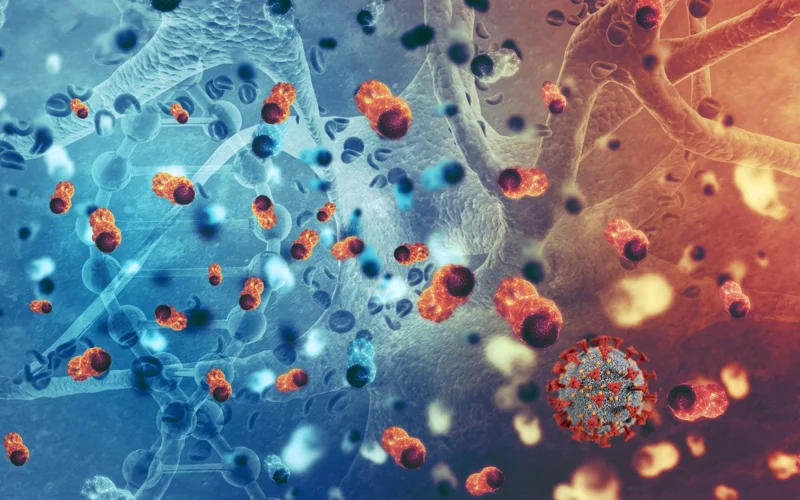Functional human egg cells can be made from skin cells, new study suggests
Scientists at Oregon Health & Science University (OHSU) have, for the first time, created human egg cells from skin cells and fertilized them to form early embryos. The findings were published in Nature Communications, Kazinform News Agency correspondent reports.

The process began with somatic cell nuclear transfer, in which the nucleus of a skin cell was inserted into a donor egg cell after its own nucleus had been removed. To adapt this method for human reproduction, the team applied an experimental step called “mitomeiosis”, designed to halve the chromosome number to 23 — the amount normally found in eggs and sperm and required for fertilization.
To achieve this, researchers used a compound that triggered the cells to discard half of their chromosomes. However, inconsistencies during the process often resulted in embryos with abnormal chromosome counts, preventing them from developing into healthy offspring. In total, 82 oocytes — immature egg cells — were generated, but fewer than 10% reached the blastocyst stage, which typically occurs on day five or six of IVF, underscoring both the promise and the current limitations of the approach.
Paula Amato, a professor of obstetrics and gynecology at OHSU and co-author of the study, said the research is still “years, if not more than a decade, away from human IVG being clinically available.” Despite this, the findings mark progress in demonstrating how in vitro gametogenesis (IVG) could one day be applied in reproductive medicine. She added that such approaches could ultimately expand options for infertility treatment and embryo testing.
OHSU emphasized that “the development offers a potential avenue for in vitro gametogenesis — the process of creating gametes — to treat infertility in women of advanced maternal age or those unable to produce viable eggs due to previous cancer treatment or other causes.”
According to the World Health Organization, about 17.5% — or one in six — adults worldwide experience infertility. The study highlights how new methods are being explored to deepen scientific understanding of reproduction and the biology of human development.
Earlier, Kazinform reported on the global trend of declining fertility rates.
